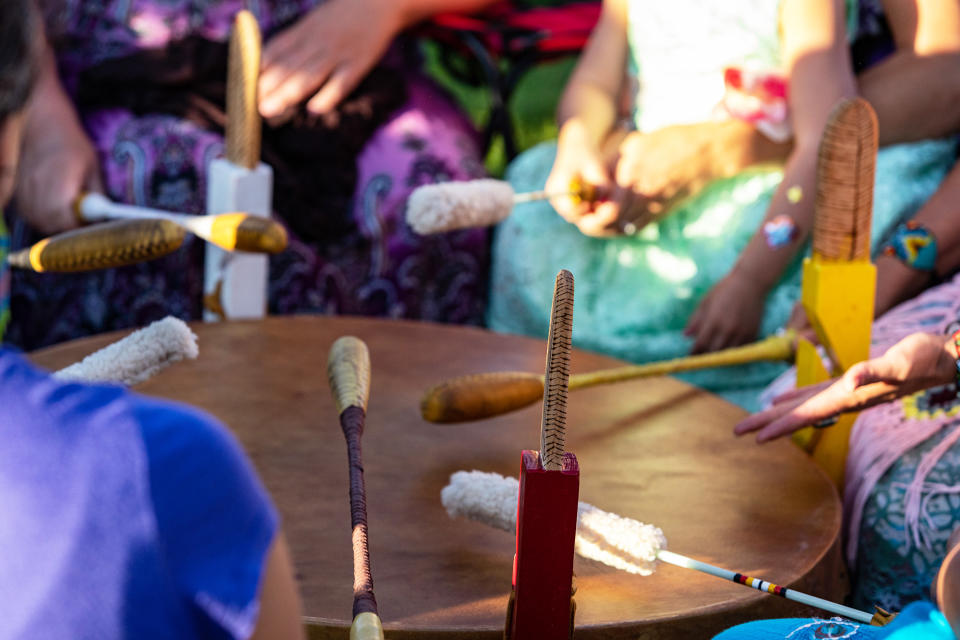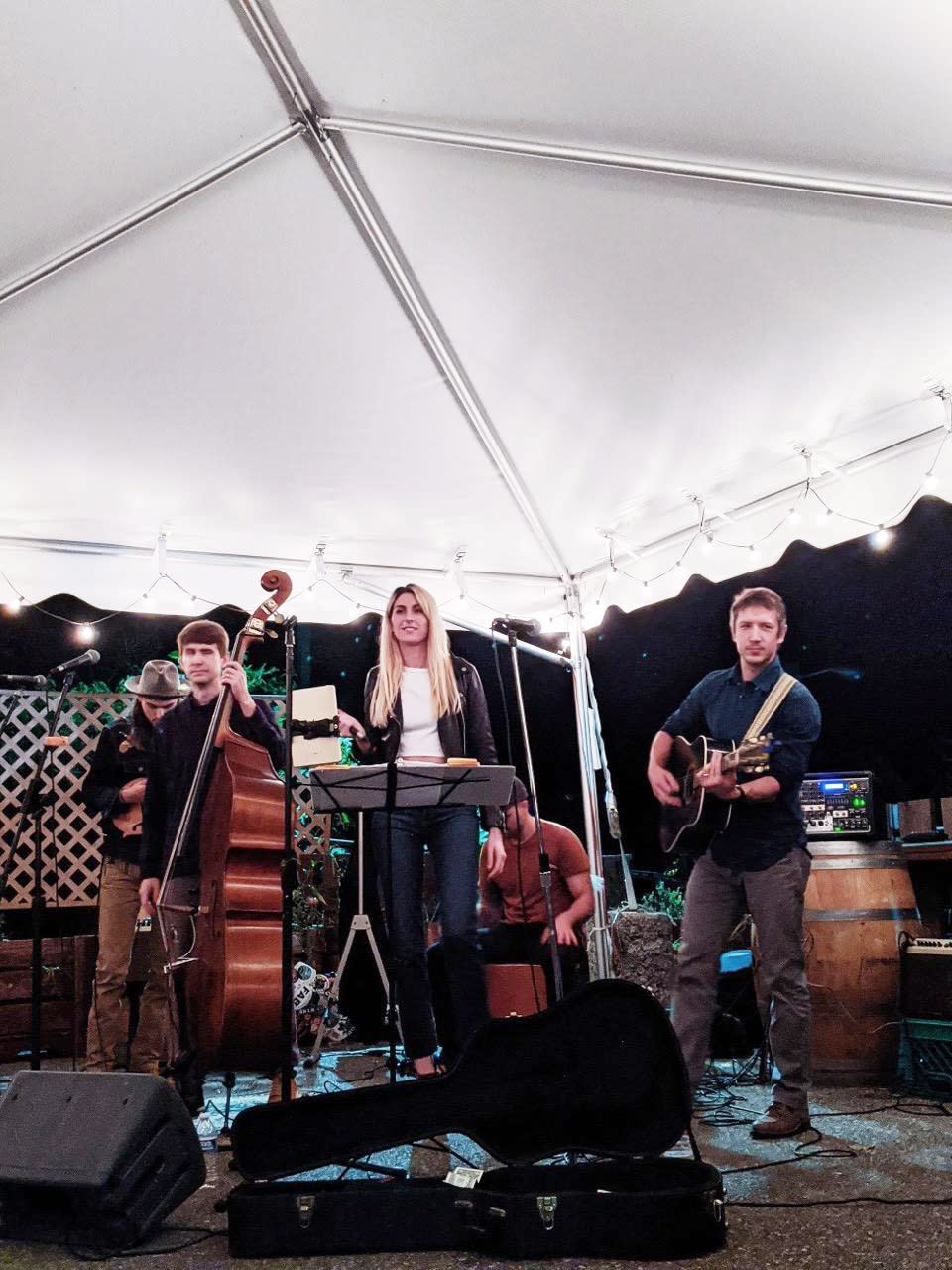Experts prove music is the 'universal language' of spiritual healing — here's how
In 2018, a research team of anthropologists, psychologists, biologists, musicians and linguists from top universities around the globe confirmed through computational data that "music is the universal language of mankind."
The quote comes from a Harvard professor and poet, Henry Wadsworth Longfellow, who first uttered the phrase more than 200 years ago. But the sentiment is much older than that. From hymns echoing through the rafters of ancient European cathedrals to the vibrating ding of Buddhist singing bowls to the lively call and response in Gospel congregations to the drumming in West African healing ceremonies, music is used to transcend, heal or connect people to their higher power throughout most religions and cultures.

In the study that explored Wadsworth's idea, 19 researchers gathered 5,000 descriptions of songs in 315 societies around the world over a five-year period. They then asked people in 60 countries to listen to music from 86 societies of hunter-gatherers, horticulturalists, intensive agriculturalists and pastoralists to see if they could identify the type of song.
“How is it that a guy in Tallahassee can recognize a dancing song from a hunter-gatherer tribe from Southeast Asia whose culture he knows nothing about?” said Manvir Singh, a human evolutionary biology graduate student at Harvard University and one of the researchers.
Ultimately, Singh and his colleagues, found that humans were able to identify music "associated with behaviors such as infant care (lullabies), healing, dance, love, mourning, warfare, processions, ritual" from society to society — no matter how foreign or remote.
Personally, singing has always been an outlet for my emotions. Music is a warm wave in the darkness that helps me deal with pain and sadness and joy, sometimes separately, sometimes all at once. It plugs me into a universe that is far beyond my understanding.
This year, the urge to "plug in" became all the more important.
At the start of stay-at-home orders in March, I was separated from my mom, sister and some of my closest friends, who were either essential health care workers or living far away. I was lucky to have my husband and little ones, 3 and 5, home with me and though I cherished the snuggly moments, there were plenty of taxing ones.
I cooked often, played with the kids, went outside in all weather, tried to breathe deeply (or remember to breathe at all), washed my hands until they cracked ... and tempered my frustrations with music on tough days. Sometimes it was peaceful, but mostly it was chaotic. And music became my way to surrender and cope.
I turned to music more than I ever had before and after watching the viral videos of quarantined Italians creating music together from their balconies in March, I remembered Longfellow's quote. In a world temporarily void of physical contact, there was mental and emotional contact — and I felt part of it. Every song, every strum strengthened my connection to humanity. In spite of the harrowing news of new deaths and the inability to see loved ones, I felt strong and spiritual. I felt wild and calm.

When restrictions began to soften in summer and fall, I sang with The Noble Brothers band and other musicians at local outdoor venues. I'd sing into the mic as the drums, bass and acoustic guitars poured into the audience, who were swaying, singing along, connecting to each other while staying physically distanced. It felt like therapy.
A global pandemic created universal pain, but if scientists and statisticians proved music is a universal language, then perhaps it's an essential part of healing together.

